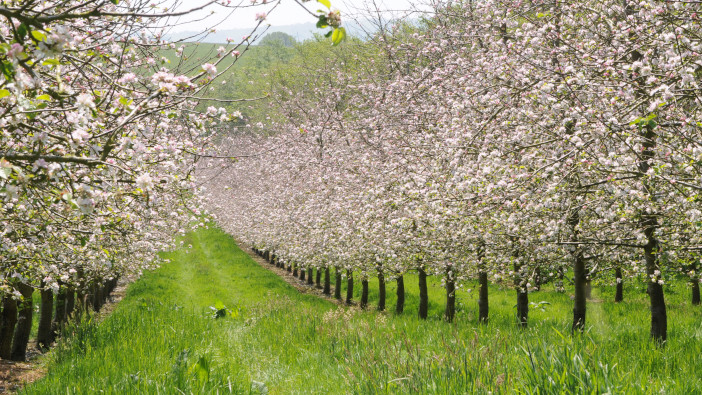Organic Farmers & Growers (OF&G), a UK organic certification body that manages over 50% of UK organic land, has published a white paper showing that a shift to 10% organic land use in England would deliver on government environmental objectives.
Their paper, “Growing organic – a multifunctional component of English land use policy” identifies how a three-fold increase in organic land use would lower agricultural greenhouse gas emissions. Reduced fertiliser use from this shift would also be the same as reducing 179,000 tonnes of ammonium nitrate, and over a million kilos of pesticide-active ingredients would not be used.
OF&G’s chief executive, Roger Kerr, said: “It’s the same as removing 8,840 full lorry loads of fertiliser every year. If you parked the lorries bumper to bumper, they’d stretch from central London to Rugby.”
“Organic farming at its heart seeks to work with and enhance natural processes and ecosystems. Our report evidences organic farming’s contribution to delivering necessary climate and biodiversity restoration goals while still producing nutritious food,” he said.

The white paper also highlights biodiversity improvements by removing artificial inputs. Organic farming systems led to increases across nature, including a 95% increase in arable plant species, 21% in field margin plant species, 35% in farmland bird species and 78% in earthworm species, among others.
Mr Kerr explained: “Continuing to feed people in the face of climate and biodiversity collapse is a complex problem and complex problems require versatile and multifaceted solutions like organic. Underwritten by clearly defined and auditable legal standards, organic is proven to provide significant improvements in public goods delivery and natural capital gains.
“Organic farming is a standard and practice that already operates within planetary boundaries. It’s not a dream. There’s clear scientific evidence gathered over many years of its positive impacts and so it represents a clear direction of travel towards a low carbon, and nature and people positive food production system,” says Mr Kerr.
OF&G believes the white paper shows that supporting organic land use in an integrated framework is an essential step towards a viable, low carbon economy.



